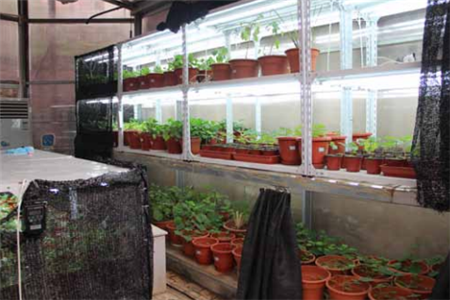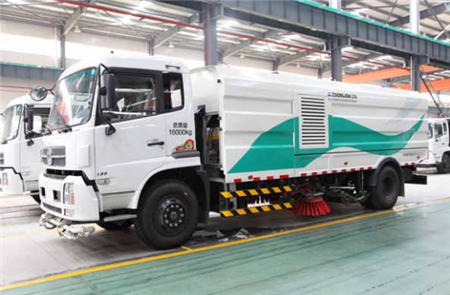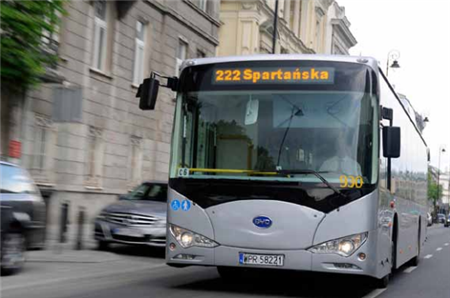Range of initiatives as province moves toward a greener future
Central China's Hunan province has made sweeping efforts to build energy-efficient, lowcarbon economy, with the provincial capital Changsha and its neighboring cities taking the lead.
"Developing a green economy is a must as China continues to industrialize and needs technological and institutional innovation,""said Zhang Wenxiong, administrative committee director of Changsha-Zhuzhou-Xiangtan city cluster, or Changzhutan.
The Changzhutan region was approved by the central government in 2007 as a national pilot for building an eco-friendly and energy-efficient society.
In 2012, the provincial government issued a plan on promoting the use of energyefficient technologies in the Changzhutan region.
The plan highlighted the use of 10 technologies, including new energy power generation, city mineral recycling and heavy metal pollution treatment technologies.
After two years of effort, the region's development has met initial expectations of local governments.
The Changsha Yuhua Economic Development Zone had nearly 70 environmental protection companies by last year, one-fifth of the park's total, which had a combined output value of over 3.2 billion yuan ($514 million).
The Changsha National High-Tech Industrial Development Zone has formed a complete industrial chain in five major fields ranging from "green" buildings to urban solid waste treatment, air and water pollution management, and energy-efficient services.
Liu Huaide, deputy head of the Changzhutan administrative committee, said the output value from the environmental protection industry in Hunan reached 107.3 billion yuan last year, among the top 10 nationwide.
The province also added more than 20 new research sites in past few years such as national centers for heavy metal pollution management and photovoltaic equipment manufacturing. They have made some 900 breakthroughs in the low-carbon and green energy industry.
Local colleges, research centers and companies have also conducted fruitful cooperation on reclamation of sites contaminated with heavy metal, and treatment and recycling of "three wastes"— waste water, waste gas and waste residues.

Central South University's lab is finding organic solutions to clean heavy metal pollution.
Central South University in Changsha and a local environmental protection company jointly developed a biological agent that can treat waste water contaminated with heavy metals.
The technology has been tested at Zhuzhou Smelter Group, helping the company recycle 25 tons of heavy metals every year.
A group of traditional industries have also finished or have ongoing technological innovation to cut emissions and save energy in the chemical, coal and mineral industries.
In the food industry, kitchen waste can also cause serious water and air pollution.
Home to 15,000 restaurants and hotels that daily produce 600 tons of kitchen waste, Changsha has been promoting harmless disposal and utilization of kitchen waste.
In 2011, the city government founded a treatment company to manage the project that now cooperates with more than 2,800 local restaurants and hotels, and daily collects 330 tons of kitchen waste. About 16 tons of bio-diesel can be refined from the refuse every day.
Many other well-known companies in Changsha have also contributed to the development of low-carbon economy.
Zoomlion Heavy Industry Science and Technology Development Co, a key heavy machinery maker, is making a range of innovative sanitation equipment fueled by natural gas.

Street cleaning vehicles developed by Zoomlion Heavy Industry Science and Technology Development Co.
Broad Group, a Chinese air conditioner manufacturer, has invested more than 20 million yuan in energy-saving building reconstruction.
By integrating many of its patented technologies such as cooling, heating and power systems, the company can reduce building energy consumption by 20 to 80 percent while maintaining a comfortable and healthy living environment.
Automaker BYD's Changsha branch developed the country's first pure-electric bus, the K9. The 12-meter-long bus has four doors with 24 seats and can run for 250 kilometers on a single charge with zero emissions.

Electric buses made at BYD's Chagnsha plant are now in operation in Warsaw, Poland.
Compared with the conventionally fueled buses of the same length, the K9 can save nearly 20,000 liters of fuel every year worth about 147,000 yuan.